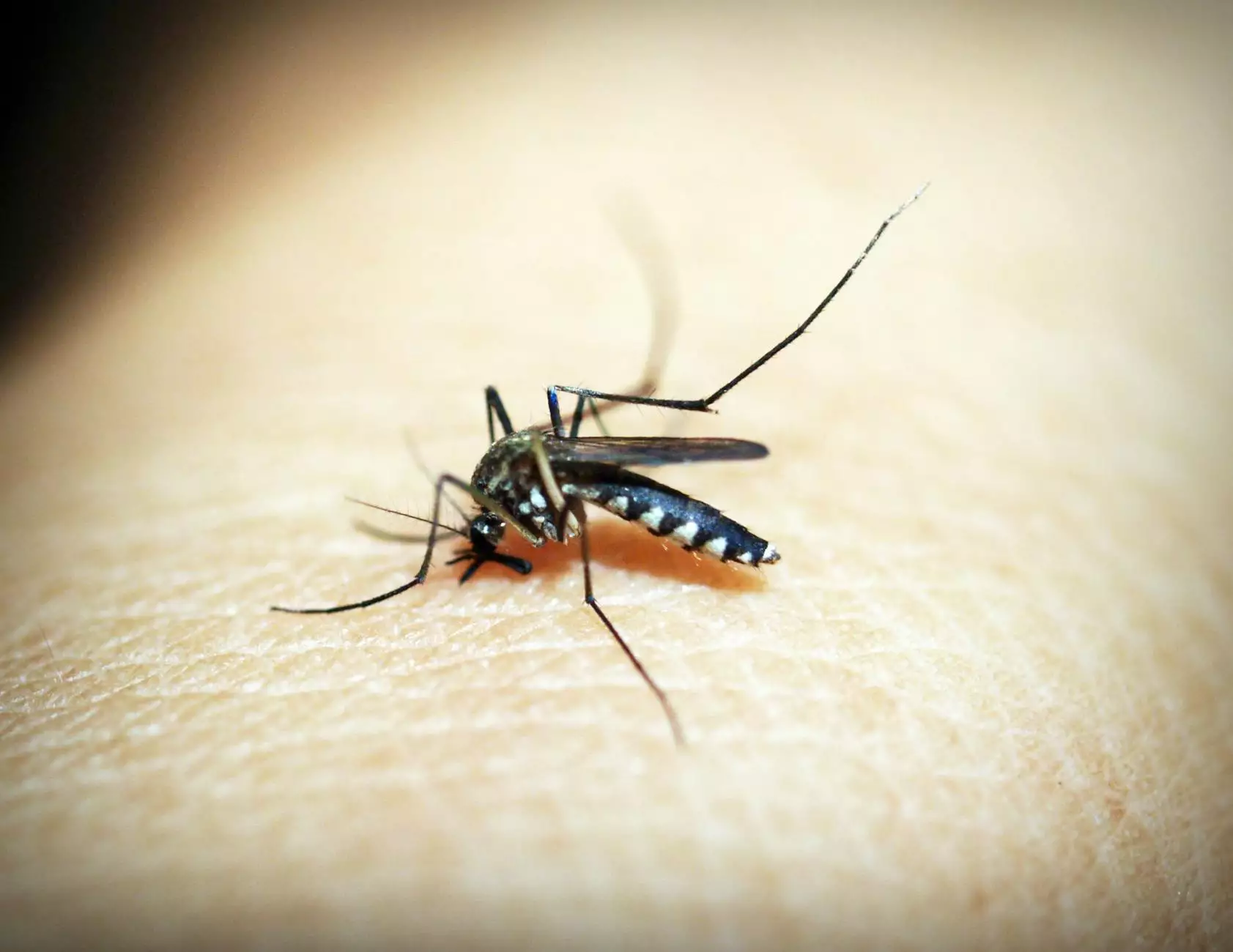10 Natural Antibiotics: Effectiveness, Risks, and More Explained
Blog
Maintain a Healthy Lifestyle with Benjamin Shettell, MD
Welcome to Benjamin Shettell, MD's website, dedicated to providing valuable information on lifestyle and wellness. In this article, we will explore 10 natural antibiotics, their effectiveness, risks, and more. Understanding these alternatives to traditional antibiotics can contribute to your overall health and well-being.
The Importance of Natural Antibiotics
In recent years, the overuse and misuse of conventional antibiotics have led to the rise of antibiotic resistance, making it more difficult to treat bacterial infections. This has sparked interest in natural antibiotics that offer potential health benefits without the same risks. Benjamin Shettell, MD believes in promoting a holistic approach to healthcare, focusing on both prevention and treatment.
10 Natural Antibiotics Explained
1. Garlic: Garlic contains a compound called allicin, which exhibits strong antimicrobial properties. It has been used for centuries to combat various infections, including bacterial, viral, and fungal.
2. Honey: Honey has natural antibacterial properties due to its low pH and enzyme content. It has been used topically for wound healing and can also help soothe sore throats when consumed.
3. Ginger: Ginger is known for its immune-boosting properties and can help fight off infections. It has been used to alleviate symptoms of respiratory conditions and stomach ailments.
4. Apple Cider Vinegar: Apple cider vinegar contains acetic acid, which has antimicrobial properties. It can be used topically to treat skin infections and internally to support digestive health.
5. Echinacea: Echinacea is a flowering plant that has been traditionally used to strengthen the immune system. It can help prevent and treat respiratory infections, common colds, and more.
6. Turmeric: Turmeric contains a compound called curcumin, which has powerful anti-inflammatory and antimicrobial properties. It can be used to promote overall immune health.
7. Oregano oil: Oregano oil is rich in antioxidants and has antimicrobial properties. It is commonly used to support respiratory health and fight off infections.
8. Tea tree oil: Tea tree oil is derived from the leaves of the Melaleuca alternifolia plant and is known for its antibacterial and antifungal properties. It can be used topically to treat skin infections.
9. Colloidal silver: Colloidal silver is a suspension of tiny silver particles in a liquid base. It has been used as an antimicrobial agent for centuries and can be used internally or topically.
10. Manuka honey: Manuka honey is a type of honey with additional antibacterial properties. It is known for its ability to help fight against antibiotic-resistant bacteria.
Effectiveness, Risks, and Precautions
While natural antibiotics have shown promise as alternatives to conventional medications, it's essential to understand their effectiveness, risks, and precautions.
Effectiveness may vary depending on the type and severity of the infection. While some natural antibiotics have strong antimicrobial properties, others may offer more moderate benefits.
Risks and precautions associated with natural antibiotics often involve allergies, interactions with medications, or underlying health conditions. It is crucial to consult with a healthcare professional like Benjamin Shettell, MD before incorporating natural antibiotics into your treatment plan.
Beyond Antibiotics: Benjamin Shettell, MD's Holistic Approach
At Benjamin Shettell, MD, we understand the importance of finding alternatives to conventional medications. Our holistic approach to healthcare encompasses various aspects of lifestyle and wellness to enhance your overall health and well-being.
Our team of experts can provide guidance and recommendations tailored to your specific needs. We believe in empowering individuals to take charge of their health through comprehensive information and personalized care.
Conclusion
In this article, we have explored 10 natural antibiotics and their effectiveness, risks, and more. Benjamin Shettell, MD encourages you to consider holistic approaches to healthcare, always seeking natural alternatives when appropriate.
By understanding the potential benefits and limitations of natural antibiotics, you can make informed decisions to support your overall health and well-being.




